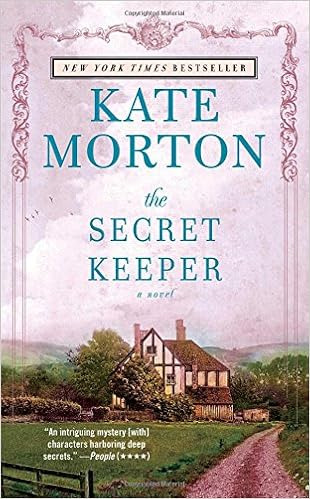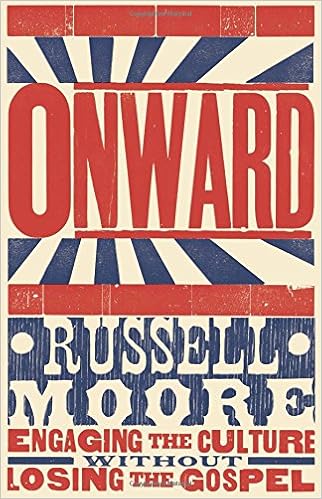Prompt: Read a book with a female heroine
Pages: 308

When my sister and I were little, we were OBSESSED with the 1980s movies Anne of Green Gables and Anne of Avonlea (also known as Anne of Green Gables: The Sequel) and the corresponding TV show Road to Avonlea. I don't remember reading the book, however. In any case, I had a beat up hand-me-down copy of the book on my bookshelf, so I added it to this list for nostalgic reasons. That turned out to be a wise choice.
Anne tells the story of the charming eponymous orphan, who by mistake is sent to live with middle-aged siblings Matthew and Marilla Cuthbert. As we soon learn, "mistake" might very well be Anne's middle name. The starry-eyed dreamer finds herself in numerous scrapes and mishaps, from baking a cake without flour (due to daydreaming) to nearly drowning while acting out Tennyson's "Lancelot and Elaine" (due to a leaky boat). I literally laughed out loud numerous times while reading Anne, and that is something I rarely do, at least with books.
But Anne is as much a story about Anne's mishaps as it is her story of growing up. I think lots of us can commiserate with Anne when she is mocked for her bright red hair, even if we were never mocked about our hair specifically. Even if you didn't have bright red hair and freckles, or have to cling to the piles of a bridge to avoid drowning, or crack a slate over someone's head because they called you a name, we most - if not all - of us have experienced something similar. And that is why Anne - both the character and the book - is such an enduring favorite. She's not us - but she is us at the same time. Anne is a novel about real life that is still relevant today, 100+ years later, and without feeling dated. Montgomery writes about her characters with such warmth and energy that they feel like family. Maybe it's the nostalgia talking, but I feel like I know Anne and Marilla and Gilbert and Diana and Matthew.
I hadn't gotten halfway through Anne when I had to order the complete series. I look forward to reading the other seven/eight books in the series. (The box set I got only has eight books, including Anne, but many people consider The Blythes Are Quoted/The Road to Yesterday as the ninth book in the series. And then there are Chronicles of Avonlea and Further Chronicles of Avonlea that take place in the same universe, but feature Anne and the others mostly in the background. In case you were wondering.) I also found the 1980s movies again (thanks, random poster on YouTube who has probably had his account suspended already!) and had to watch them again. (On that note, skip The Continuing Story, the third movie. It's not that great, and doesn't fit the timeline).
Recommendation: Read it, read it, read it! Read it, and read the rest of the books, and watch the 1980s movies. I loved it, and I think you will too! Unless you don't have a soul. And/or a heart. Then you might not like it. But I think everyone who has a heart and a soul will like it. How could they do otherwise?


